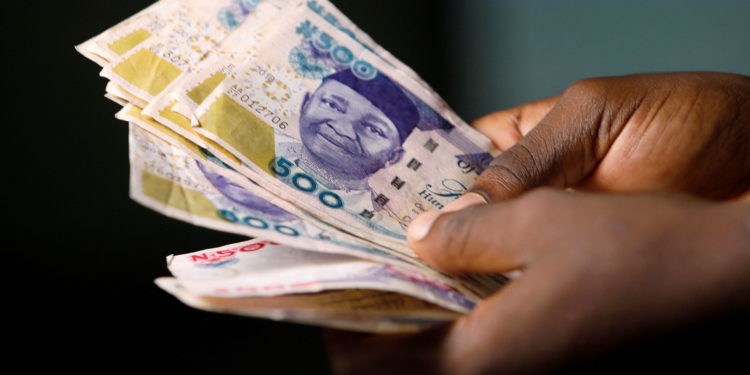Nigeria has shelved plans to raise about $950 million selling overseas bonds, owing to unfavourable market conditions during the time frame approved for the fundraising.
Finance Minister Zainab Ahmed said in April that the government planned to sell as early as May its second external debt this year to help plug fiscal deficits.
The planned $950 million bond sale would account for the balance of $6.1 billion overseas borrowings planned for 2021 after it raised the second tranche of $1.25 billion in March.
“We were not able to do that because the market pricing was not good and also the approval period for us has closed. The approval period was up to May 31, 2022, so we are not going to be able to take that one any more.” Zainab Ahmed said in an interview on the sidelines of Islamic Development Bank meetings in Egypt as quoted by Bloomberg.
Africa’s biggest crude producer was one of the first sovereigns to tap the Eurobond market after the start in late February of Russia’s war on Ukraine, which stoked commodity prices and inflation just as the US Federal Reserve raised interest rates. Nigeria’s seven-year bond in March was priced to yield 8.375%, compared to a similar maturity raised about eight months ago with a coupon of 6.125%.
The nation plans to curb borrowing costs this year by using the International Monetary Fund’s general allocation of reserves known as special drawing rights to fund projects, then reducing external borrowings. Zainab Ahmed said Nigeria projects 17.3 trillion naira ($41.6 billion) budget spending this year, with forecast deficits of 7.35 trillion naira.
“What we are doing now is to plan on managing our situation such that we are not exposed to increased costs in 2022. We are hoping that in 2023 things will be much better than what we are projecting in 2022.” Zainab Ahmed.
Read also; Nigeria Issues $1.25 Billion Eurobond, the First Since the Russia-Ukraine War.




